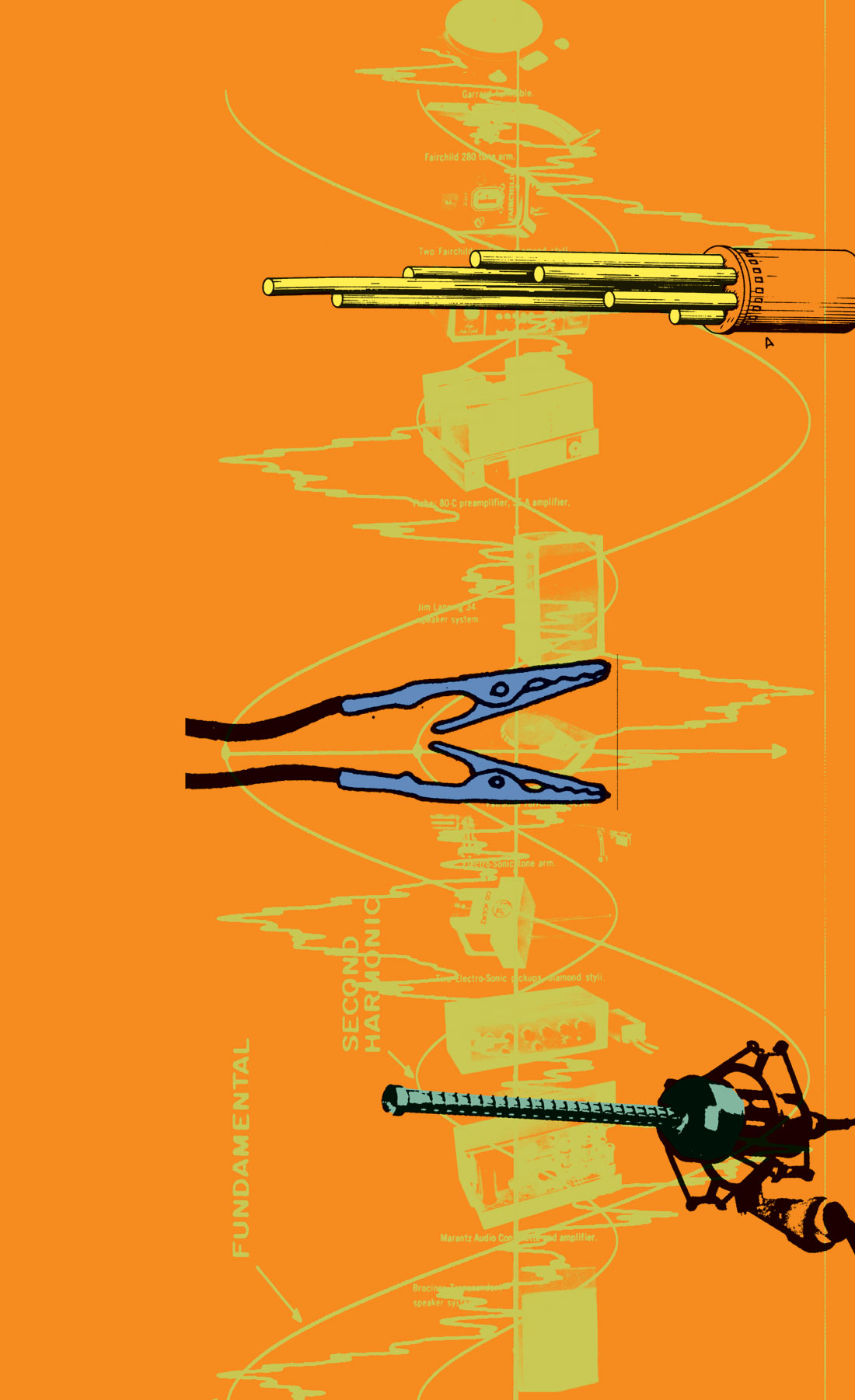My interest in recording doesn't go much beyond recording myself and or my own band. Consequently, my studio is not intended to be useful to any other customer beside myself. I have been involved in recording in a wide variety of contexts for well over a decade, but come at it strictly from a musician's standpoint and am not necessarily interested in recording for its own sake. With the idea that other people - who can at least somewhat relate to this perspective - have purchased or are thinking about purchasing Roland VS880 Digital Workstations, I offer a brief appraisal - based on the recording of only a few complete songs and the "demo-ing" of a bunch of other stuff in a less developed way. It's very easy to make it sound good - if you mic things up properly and go straight into the machine, it already sounds nice. It's also very easy to record onto the first "layer" (the top 8 tracks), as far as just "user-friendliness" goes. However, once you start using virtual tracks, and in fact going into any but the most basic processes, it becomes a bit complicated, at least for me. I find myself consulting the hefty manual constantly and having to retry things, sometimes several times, to make it work. I suppose if you used it enough, you would get more comfortable with it. A friend of mine has done much more extensive recording on his VS880, and I still noticed him referring to the manual often and running into problems he couldn't figure out without doing so, but he was able to do quite a bit of editing and arranging that I haven't really delved into yet. The main problem for me is that you can't apply external effects to individual tracks during mixdown. There's about a million internal effects which you can choose from, many of which sound great, but if you want an effect from outside the unit, you can only apply it during the initial recording. For my purposes, a nice analog 8-track machine used in conjunction with the VS880 would allow me to get around a lot of the issues I have with the VS880 and still have the numerous benefits it provides as far as overdubs (each of the Roland's 8 tracks has 8 "virtual tracks" which technically allows you to choose from 64 tracks for any given mix), editing, etc... Using the VS880 exclusively would, I now realize, only work for me if I extensively re-thought the way I record, which I don't really feel like doing. Other users might be more willing to work with the machine on its own terms than me, and would probably be able to exploit its advantages better. It has many features I haven't even begun to get to, because I don't have the patience to look every little step up in the manual and toggle through layers of screens and buttons to get at them. A big advantage of this machine is if you work with someone else on a project and they have a VS880 of their own, you can just back up your work on a CDR and drop it off for them to do their own work on it. You could, if you wanted, collaborate on recordings through the mail. My bandmate also has a VS880 and we can do work together or separately as our schedules and inclinations permit. Of course, this involves the extra expense of buying a CDR burner, which I believe is well worth it. This would also allow you to back up your work at any time, before bouncing, for instance, and always be able to go back to a previous stage of recording, if things start going wrong. Ultimately, the VS880 seems to be a good way to get a lot of the benefits of computer-based hard drive recording with much less of the inspiration-sapping lameness of recording into a PC or Mac. It is designed to be a self-contained all-in-one studio, but it won't necessarily cut it in that capacity for those of us who work outside the realm of the strictly digital. However, when used in conjunction with whatever studio equipment you might already have, it can definitely expand your capabilities by a fair amount.
EQs, Software | No. 147
SplitEQ Plug-In
by Gus Berry
Eventide has released its new innovative EQ plug-in, SplitEQ. I use the word “innovative” because, after only a few minutes of messing around with it, I couldn’t help but wonder how...




_disp_horizontal_bw.jpg)